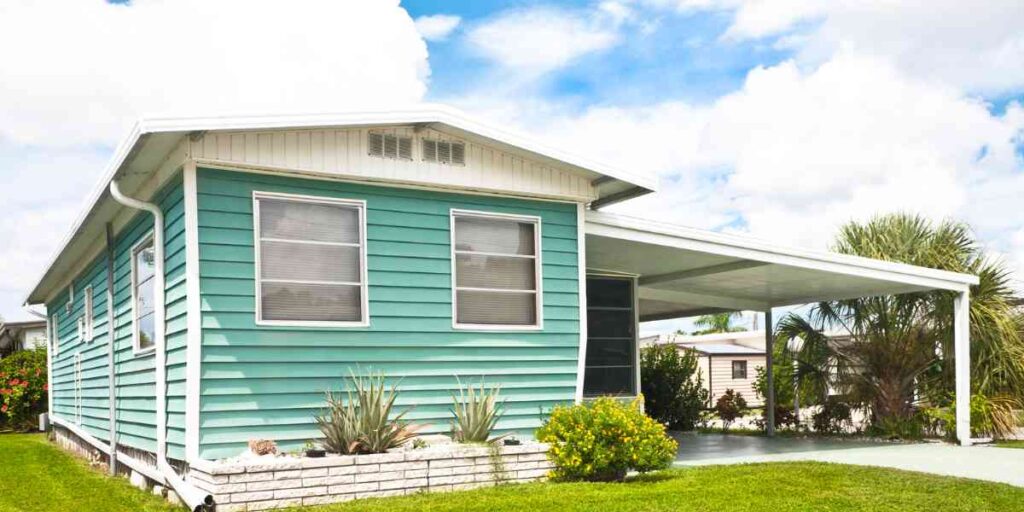Are you considering buying a second home? Whether it’s for vacation or investment purposes, owning another property can be an exciting venture. But with it come additional financial responsibilities. In this blog post, we will discuss the different ways you can finance a second home and how to make the process as smooth as possible.
1. Research the Real Estate Market

Before you can finance a second home, it is important to research the local real estate market. Knowing the market conditions in the area where you want to buy property is the first step. Pay attention to the housing trends in the area, including property values, vacancy rates, and rental income, as these factors can all impact your decision.
Additionally, look into the local economy and job market, as this can affect the amount of rent you could receive from tenants, or the appreciation value of your home. Understanding the local market can help you make a smart purchase decision.
2. Understand Your Financing Options

Now that you have done your research on the real estate market and determined what type of property you want to purchase, it’s time to begin exploring your financing options.
The first step is to understand the different types of loans available. A traditional mortgage loan is the most common type of loan used to purchase a second home. This type of loan requires a down payment, which is typically 20% of the purchase price. Other financing options may include a cash-out refinance, home equity loan, or bridge loan.
It is important to compare the different loan options and choose the one that fits your budget and financial needs. Be sure to consider the interest rate, fees, and repayment terms before making your decision. You should also consider if you qualify for any tax benefits when financing your second home.
3. Calculate Your Mortgage Payments
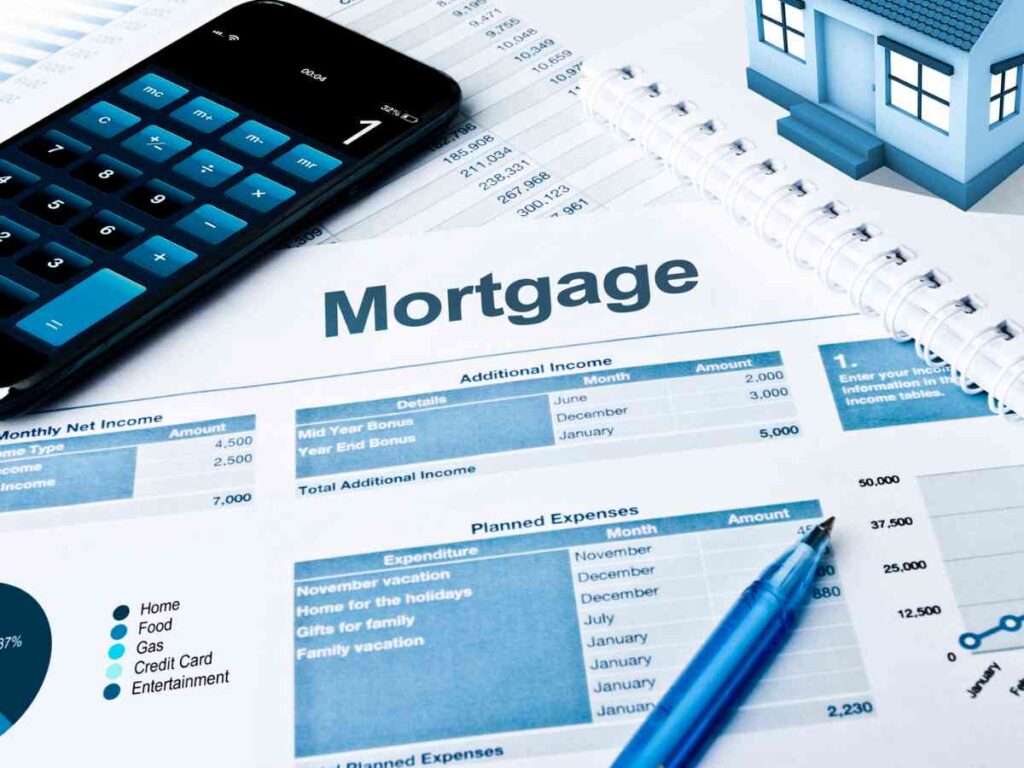
When it comes to financing a second home, the first step is to calculate your mortgage payments. Before you can apply for a loan, you will need to know how much you can afford to borrow. To do this, you need to consider both the purchase price of the home and the cost of the loan. Additionally, you should also factor in the interest rate, closing costs, and any other fees associated with the loan.
Once you have a good estimate of what your payments will be, you can begin to shop for a loan that meets your needs. Additionally, it is important to remember that the cost of the loan may change depending on the type of loan you choose, so it is important to compare the different options available.
4. Save for a Down Payment
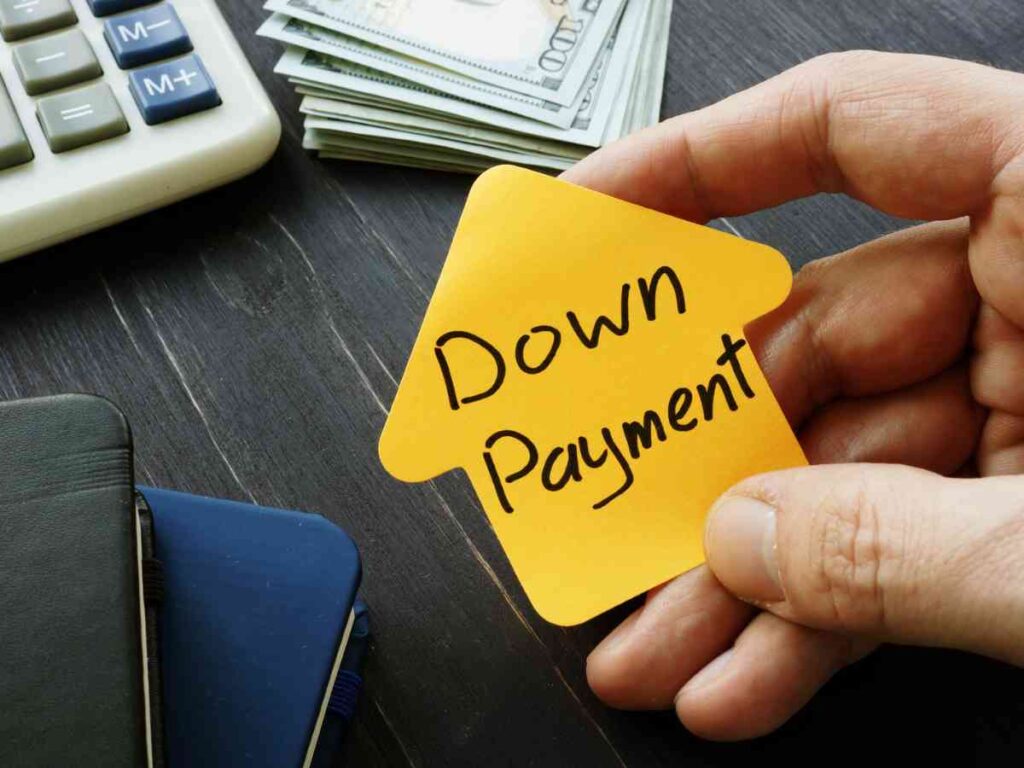
When it comes to financing a second home, saving for a down payment is a must. The amount of the down payment you need to make depends on the type of loan you choose, the value of the home, and your credit score. Generally, lenders will require a minimum of 10-20% of the purchase price as a down payment.
This can be a daunting task, but with careful budgeting, it is achievable. Consider setting aside a portion of your income each month to go towards the down payment. Additionally, you may be able to use funds from a 401k or IRA to cover the down payment. Be sure to consult with a financial advisor to determine the best option for you.
5. Evaluate Your Budget
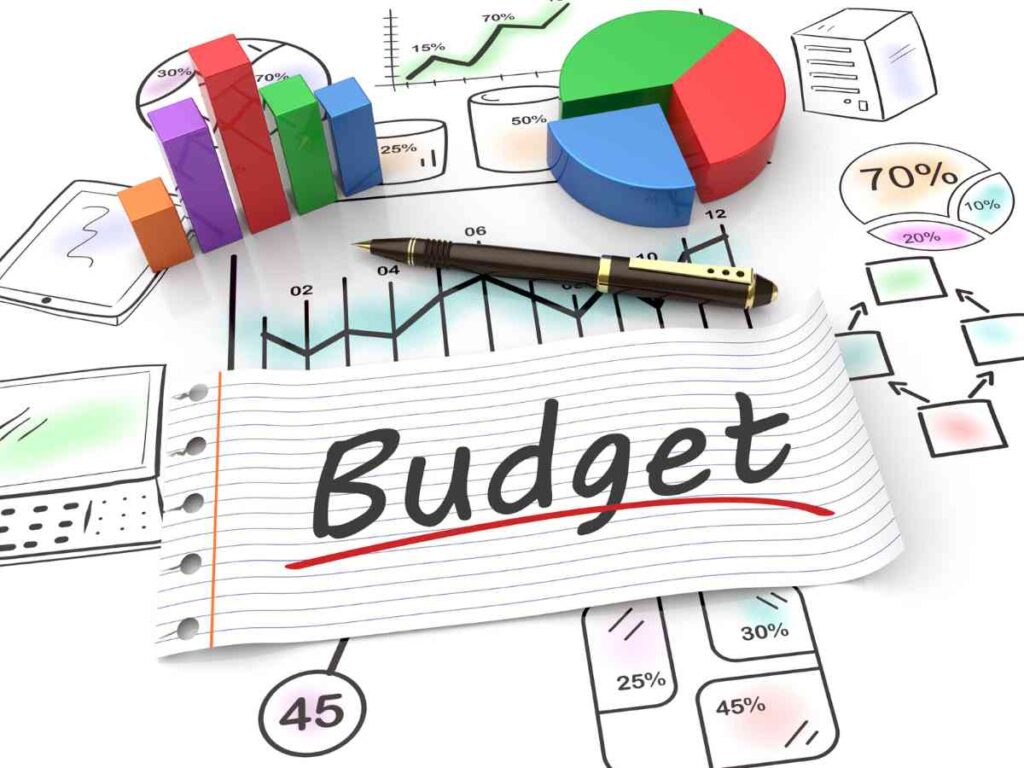
When deciding to purchase a second home, it is essential to evaluate your budget and determine how much you can realistically afford. Start by calculating your total monthly expenses, including your current mortgage payments, to get an idea of how much you can allocate towards a second home.
You should also include other expenses such as taxes, insurance, and upkeep. Once you have determined what you can afford, you can then begin your search for the perfect property. Additionally, make sure to factor in any closing costs or fees that may be associated with the purchase.
By creating a budget and understanding your financial situation, you can be better prepared to make a smart investment in your second home.
6. Get Pre-Approved for a Loan

Getting pre-approved for a loan is a crucial step in making your second home purchase a reality. Before looking at properties, it’s important to understand your available financing options. This will help you decide how much of a loan you can afford and what sort of mortgage rate you should be aiming for.
Pre-approval also gives you an advantage when negotiating with a seller, as it shows that you’re a serious buyer with the financial means to make the purchase. To get pre-approved for a loan, you need to provide the lender with proof of your income, employment history, and credit score.
The lender will also review your debt-to-income ratio and ask for a down payment. Once you have the pre-approval in hand, you can start your search for the perfect second home.
7. Find a Good Real Estate Agent
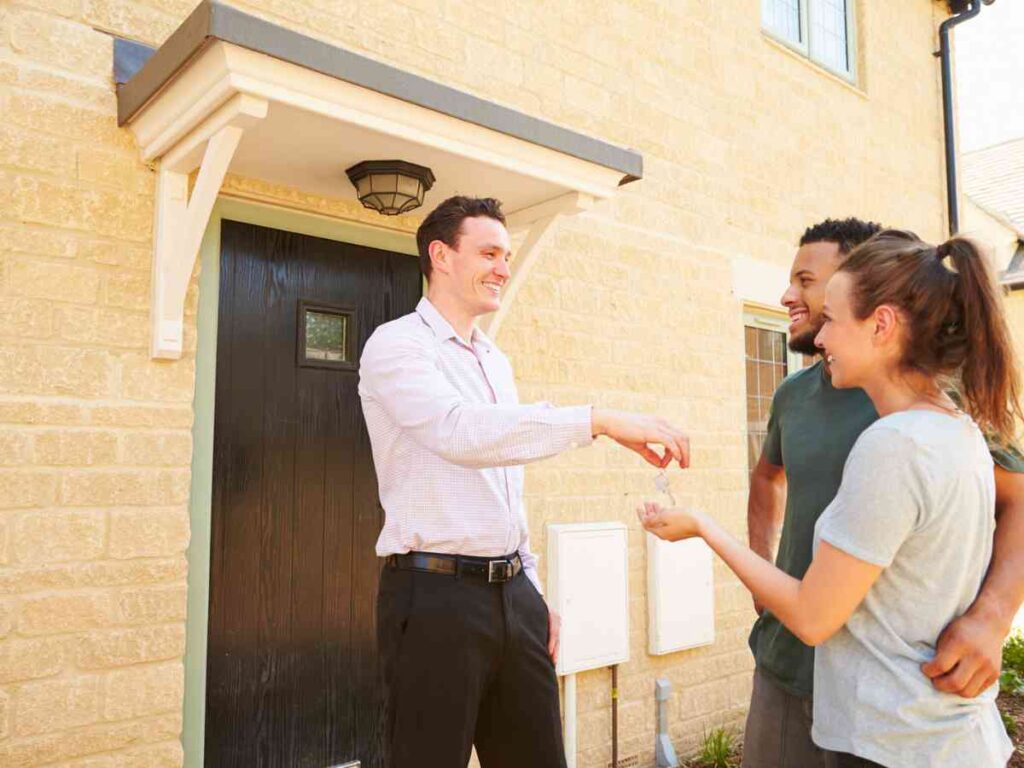
When it comes to buying a second home, it’s important to find a reliable and experienced real estate agent. With their expertise, they can help you find the perfect property for your needs and budget.
They will also provide you with valuable advice on financing your second home, as well as negotiate on your behalf. Your real estate agent will also be able to provide you with a list of local lenders who can help you get pre-approved for a loan. With their help, you can be sure that you are getting the best deal possible.
8. Take the Plunge and Make an Offer

Once you’ve done all the research, found the perfect property, and calculated your mortgage payments, it’s time to take the plunge and make an offer. Before you do, make sure you have a pre-approval letter from a lender in hand, so you know you can afford the property and have secure financing.
Once you’ve made an offer, the seller may accept or counter your proposal. In either case, you’ll need to work with your real estate agent to negotiate the best deal possible. After you’ve closed on the property, you’ll be ready to move in and take advantage of all the benefits that come with owning a second home.
9. Secure Homeowner’s Insurance

When purchasing a second home, it is important to secure homeowner’s insurance to protect your investment. Homeowner’s insurance policies cover the structure of the home and its contents, as well as liability for accidents or injuries that occur on the property. When comparing policies, consider the coverage limits and deductibles, as well as any additional coverage you may need such as flood or earthquake protection.
Additionally, many lenders require that you have a certain amount of coverage in order to secure a mortgage loan. Once you have secured coverage, you are ready to close on the property and make it your own.
10. Close on the Property and Move In

Once you have found the perfect second home and are ready to close, there are a few more steps you will need to take. Before closing on the property, make sure to review the purchase contract and all other documents thoroughly. You will also need to pay for closing costs, which generally include attorney fees, title search, and other related fees.
When you are ready, you will sign the closing paperwork and be ready to move in. Once you have closed on the property, you will be the proud owner of a second home. You can now begin to enjoy the rewards of owning a second home.
11. Research the local real estate market
When it comes to researching the local real estate market, it’s important to stay informed. Knowing the local market helps you understand the types of properties that are available and the prices they are selling for. It also helps you determine how much you can afford to spend on a second home.
You can use a variety of resources to gain insight into the real estate market, including online listings, newspaper ads, and local real estate agents. Additionally, attend open houses to get a feel for the different neighborhoods. By doing your research, you can find a home that fits your budget and meets your needs.
12. Determine the type of property you want to buy
When you’re researching the real estate market, you’ll want to consider the type of property you want to buy. Do you want a single-family home, a vacation home, a condo, or a duplex? Each of these has different financial implications and different requirements for financing.
You’ll want to consider the size of the property, the location, and the amenities you’re looking for. You’ll also want to consider the market value of the property and whether you’ll be able to recoup your investment in the future. Knowing what type of property you want to buy will help you make an informed decision about the best way to finance your second home.
13. Consider financing options
When it comes to financing your second home, you have a few different options to choose from. One of the most common is a conventional mortgage loan. This type of loan requires a down payment of 20% of the purchase price, and the loan will typically have a fixed interest rate and set term length.
You may also be able to take out a Home Equity Loan or Line of Credit. This type of loan uses the equity of your first home as collateral, allowing you to make a smaller down payment and potentially get a lower interest rate. Rocket Mortgage also offers a completely online loan application process, making it easier than ever to finance your second home. Whatever option you choose, make sure you understand the terms of the loan and the associated costs.
14. Shop around for the best mortgage rates
Shopping around for the best mortgage rates can be a daunting task. There are many different types of loans available, and different lenders offer different rates. Before you start searching for a loan, determine how much money you can afford to borrow, and calculate your debt-to-income ratio.
This will help you narrow down the loan options available to you. When you’ve decided on a loan type and amount, compare different lenders to find the best interest rate. Make sure to read the fine print and ask questions if something doesn’t make sense. It is important to get a loan that fits your budget and that you understand the terms of the loan.
15. Take advantage of tax deductions
When buying a second home, it is important to consider the various tax deductions that may be available to you. Depending on your location, you may be eligible for deductions on mortgage interest, property taxes, and other related expenses. It is important to work with a financial advisor or tax professional who can help you understand the rules and regulations for claiming tax deductions on your second home so that you can maximize your savings.
Additionally, you may be able to claim additional deductions on the sale of the property. By being aware of the potential tax deductions, you can more easily plan for the costs of owning a second home.
- Gulf Shores Getaway: 25 Exciting Things to Do and See in Alabama’s Hidden Coastal Gem! - May 31, 2023
- Lexington, KY: 25 Things to Do and See in the Horse Capital of the World! - May 29, 2023
- Atlantic City Adventures: 25 Things to Do and See in the Entertainment Capital of the Jersey Shore! - May 27, 2023

